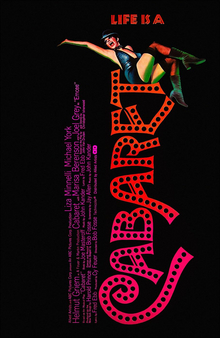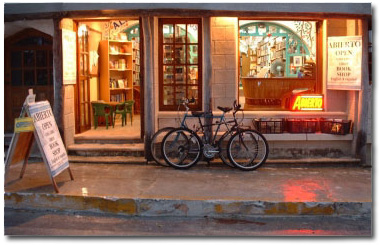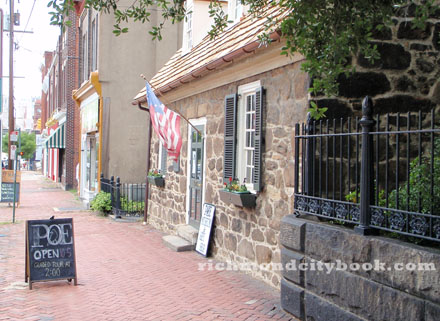We'll start with fiction though.
style -- includes diction (word choice, connotation) and sentence structure
tone/voice -- focus on irony but also tragic ("The Story of an Hour")
epiphany -- type of ending that began with Joyce, very influential, psychological/spiritual insight
These terms will be important in our reading of Sherman Alexie's work:
plot vs. character
flashback
storyteller
reservation
internalized repression
life writing ("Superman and Me")
For film (Nosferatu), please note the following terms:
silent film -- note that there was usually live music to accompany the film
Rosa Rio was one of the many musicians who did this; however, she lived to be 108 and was able to perform up almost to the end: http://www.youtube.com/watch?v=Um2whr-1VO0
shot
scene
mise-en-scene
camera angle
lighting
film as technology
copyright -- copies of Nosferatu were destroyed when the courts ruled that Murnau's film violated the copyright of Bram Stoker's Dracula
realism vs. fantasy
Expressionism
Romanticism
folklore
supernatural
Weimar Republic -- the German government between the world wars and before the rise of Hitler
The musical Cabaret is set as Hitler comes to power in Germany.
Most of our terms will be from poetry.
Note the differences between free verse and formal verse (rhyme and meter).
Free verse may have organic form (Denise Levertov).
Formal verse includes the sonnet but is not limited to it. The sonnet is a fourteen line poem in iambic pentameter (ten syllables). It follows specific rhyme schemes. The Shakespearean sonnet follows this form: abab cdcd efef gg. The Petrarchan sonnet (like Gwendolyn Brooks' "the rites for cousin vit") follows another format: abbaabba cdecde or cdcdcd or...there are quite a few variations. The sonnet is from Italy, and Italian is easier to rhyme.
Villanelles and ballads are other forms of rhymed poetry. The sestina, pantoum, and bop are not rhymed.
Many of today's spoken word poetry rhymes and follows a certain meter.
See the link below for more information about the bop, a new form that we discussed in class:
http://www.poets.org/viewmedia.php/prmMID/5773
Note that the speaker and the poet may not be the same person even when the poet uses first person. A poet may be writing a dramatic monologue, giving voice to a fictional or historical character. Robert Browning's "My Last Duchess" exemplifies the dramatic monologue. A poet might have a persona as Charles Bukowski suggests in "Bluebird": http://poetry.rapgenius.com/Charles-bukowski-bluebird-lyrics#note-1183362
On the other hand, since the rise of confessional poetry in the 1960s, the boundaries between poet and speaker have broken down. Sylvia Plath, Robert Lowell, and Anne Sexton are among the most well-known confessional poets.
Stanza is a "paragraph" of poetry, that is, a unit that makes up part of the whole. Here is one stanza from Aafa M. Weaver's "Rambling":
In the yellow circle the night stops
like a boy shot running from a Ruger 9mm
carrying .44 magnum shells, a sista
crying in the glass booth to love's law,
to violence of backs bent over to the raw
libido of men, cracking, cracking, crack...
Note that in most lines there is enjambment. In other words, there is no end-stop or even semicolon, colon, or comma at the end of the line. Instead, the line spills over. Sometimes the break happens within a phrase.
In "Those Winter Sundays," note that in the beginning Hayden uses more enjambment than he does in his last stanza.
http://www.poets.org/viewmedia.php/prmMID/19217
Image is important in poetry, and so are diction, denotation, and connotation.
Consider voice, tone, and sound as well.
More technical terms are simile and metaphor, onomatopoeia, alliteration, assonance, consonance, rhyme scheme, and repetition. Types of rhyme are end-rhyme, internal rhyme, slant rhyme, single rhyme, and double rhyme. Other technical terms are synecdoche and personification.
On Nov. 19, Dr. Michael Anthony Ingram came to speak to our class and perform his poems. He brought up the concept of metaphorical scream. I have just posted his PowerPoint at MyMC.













+(1).JPG)
